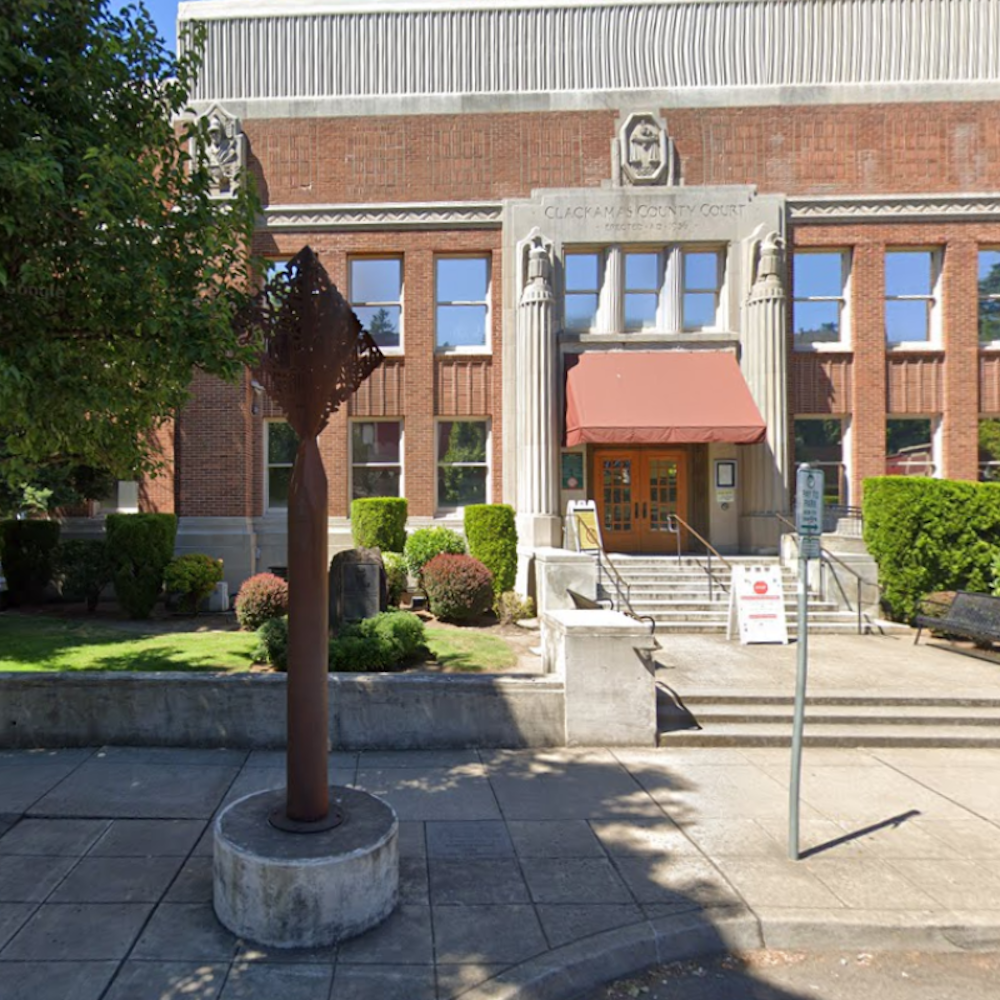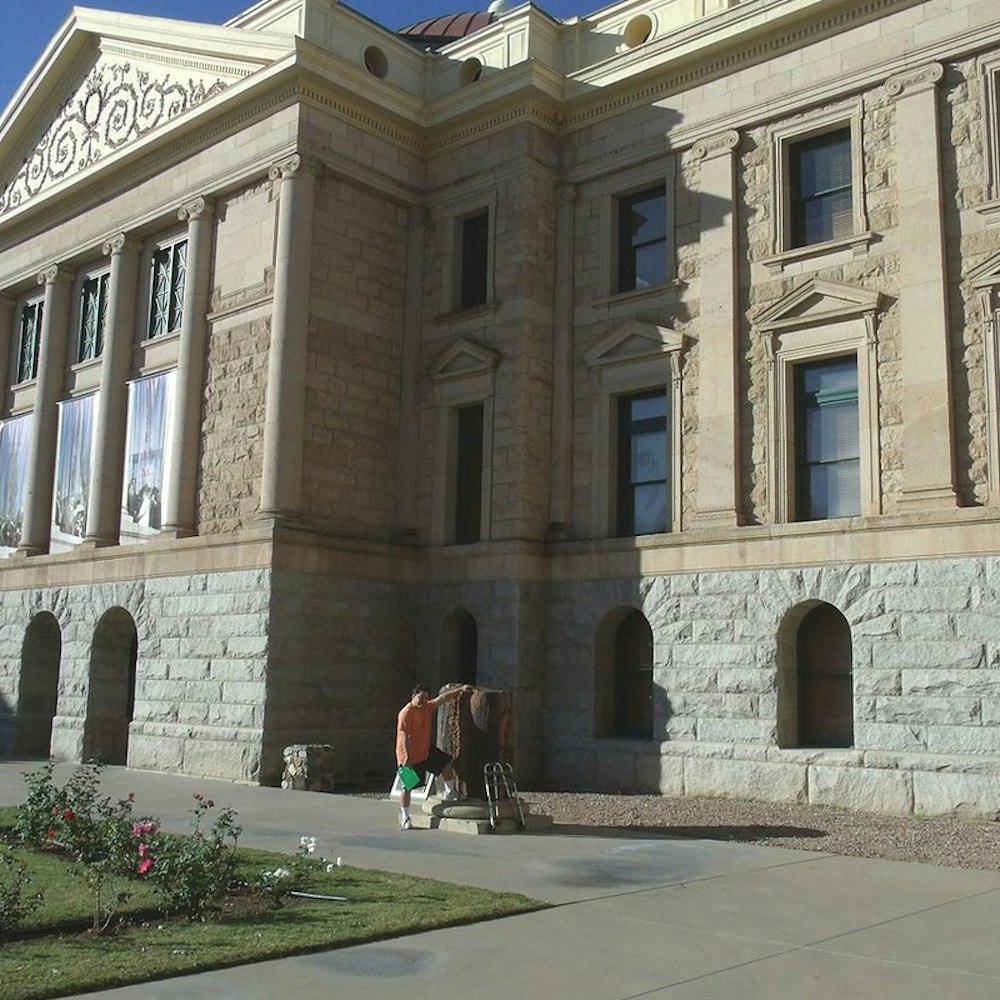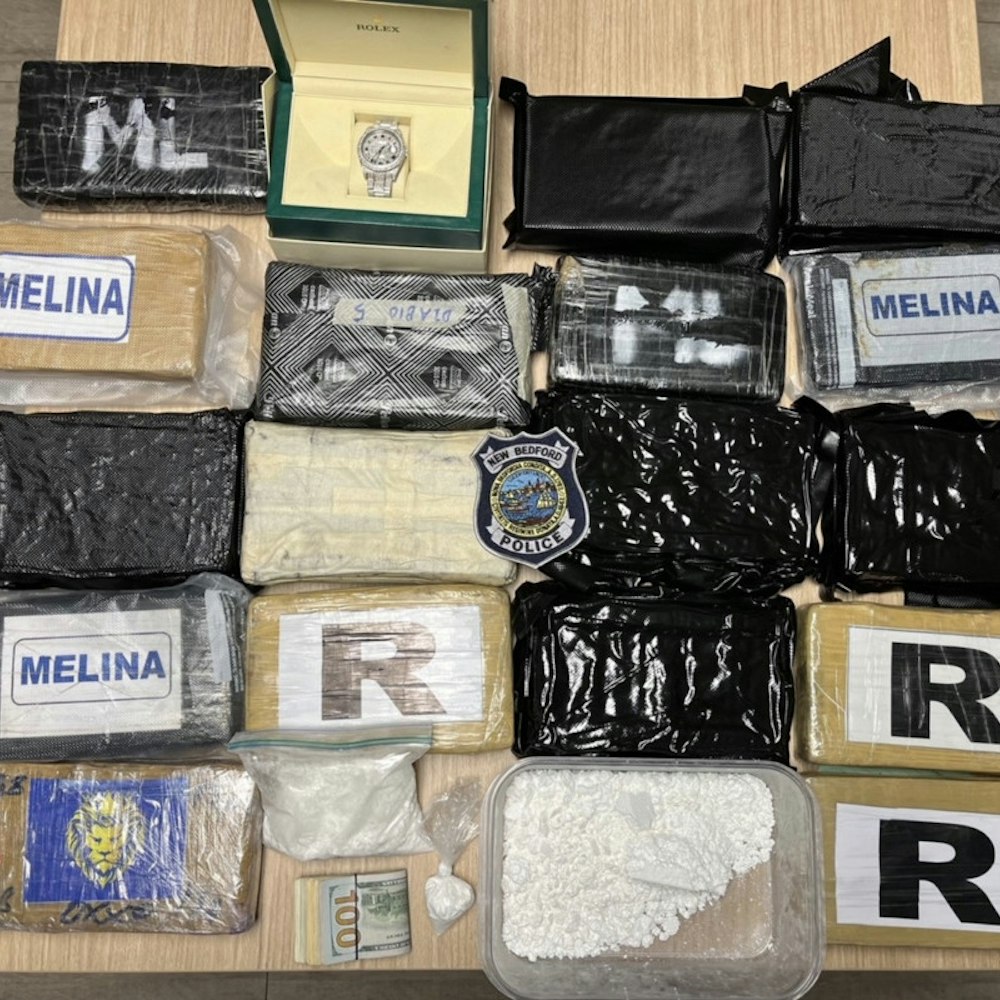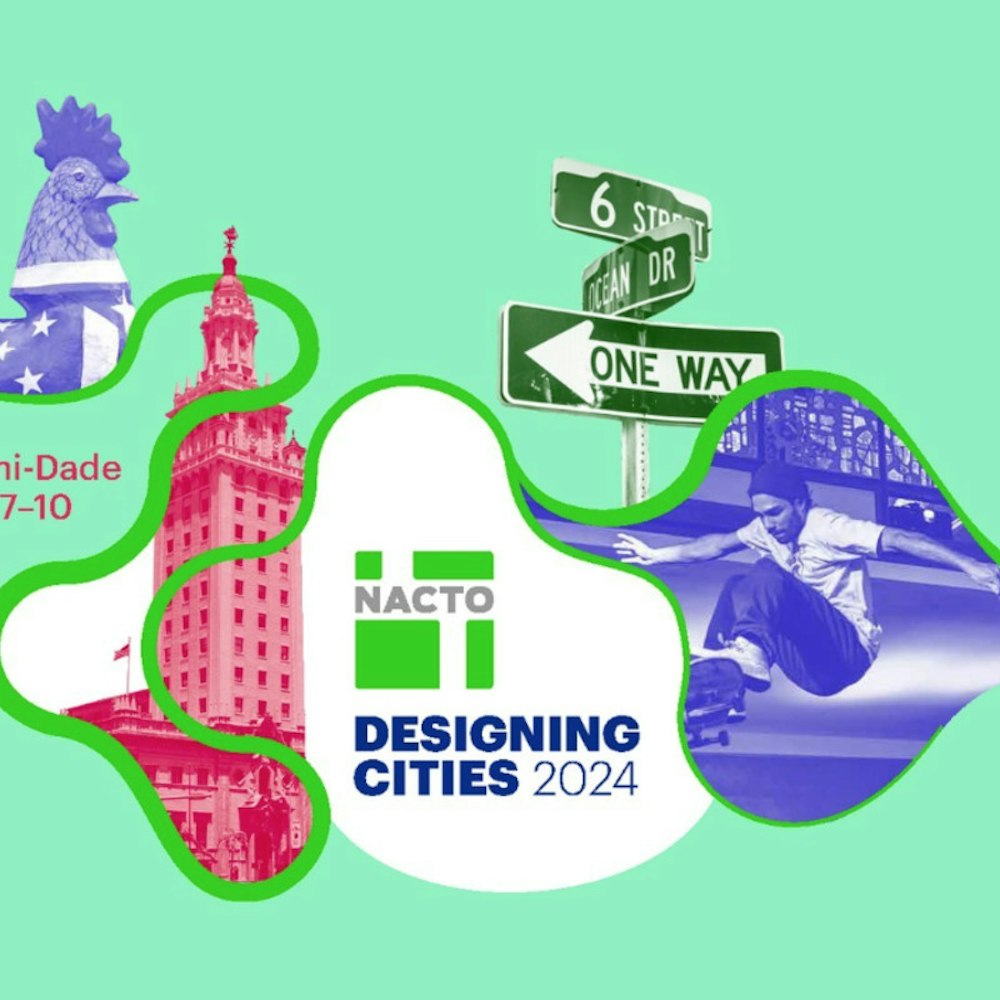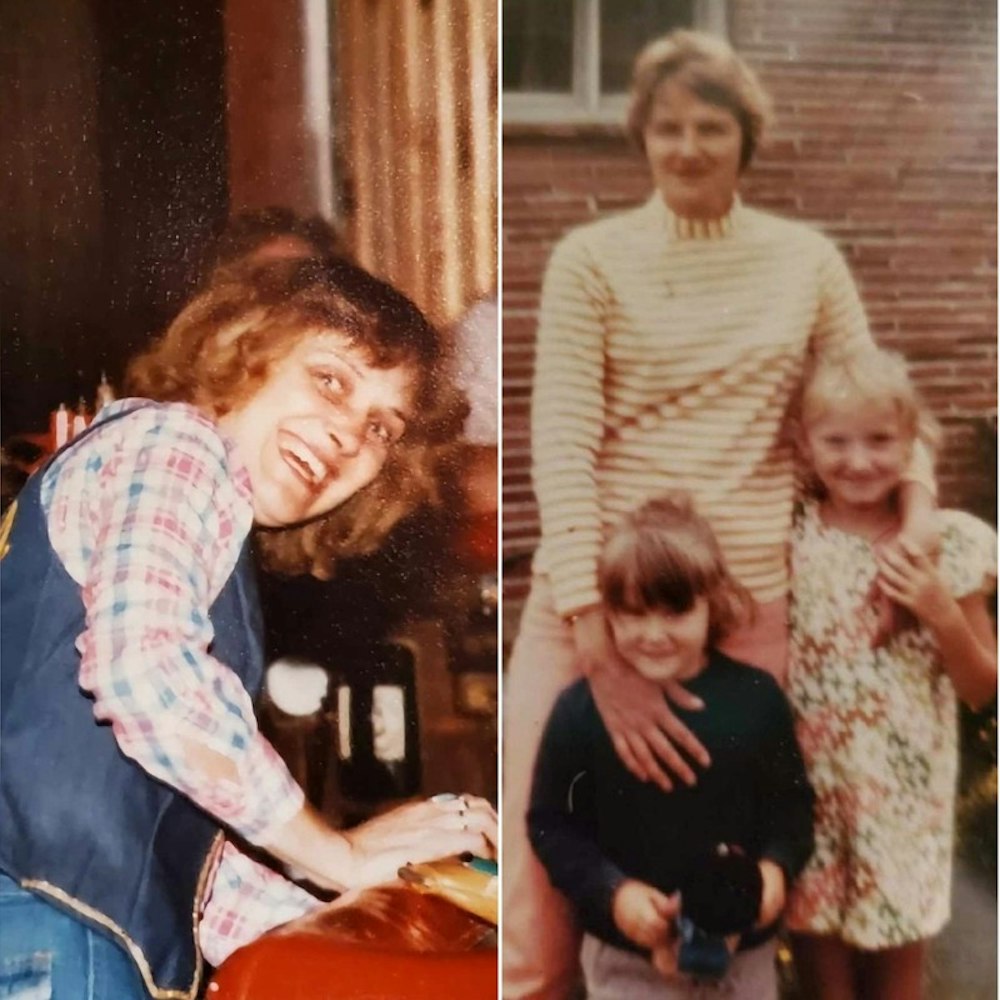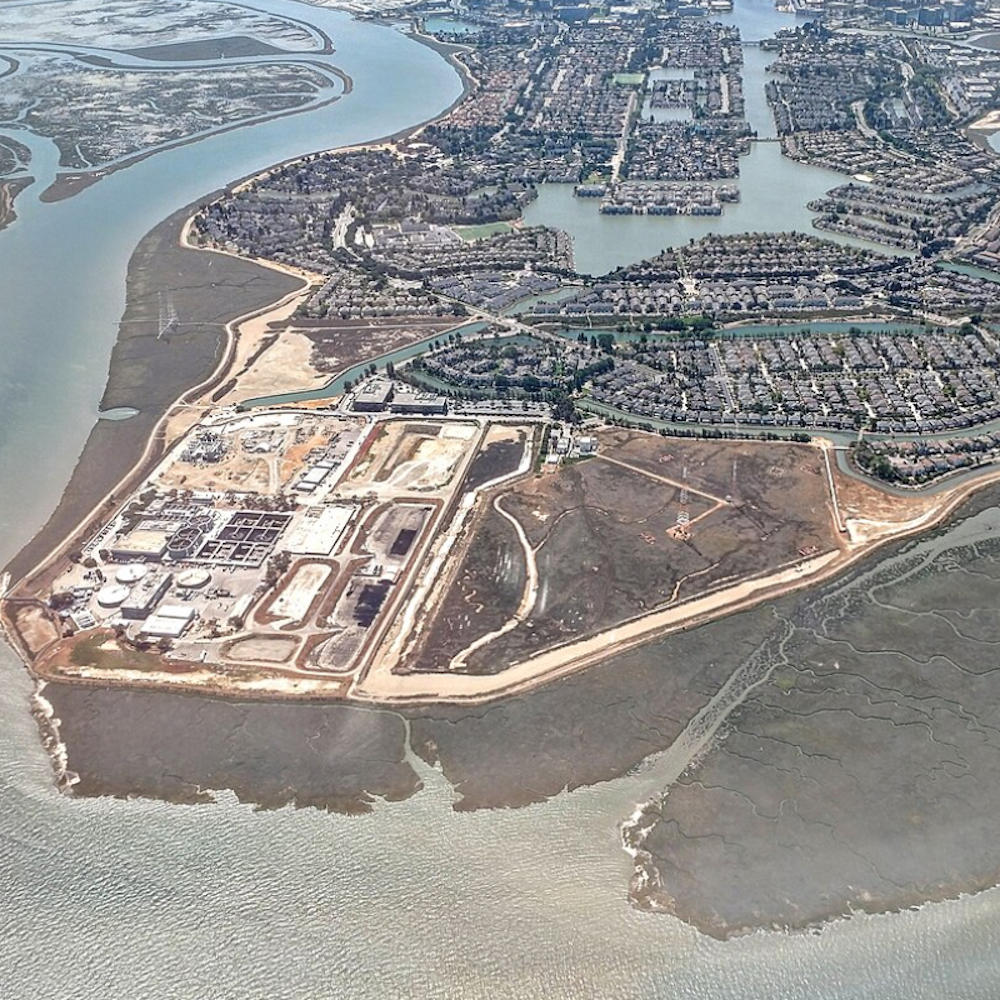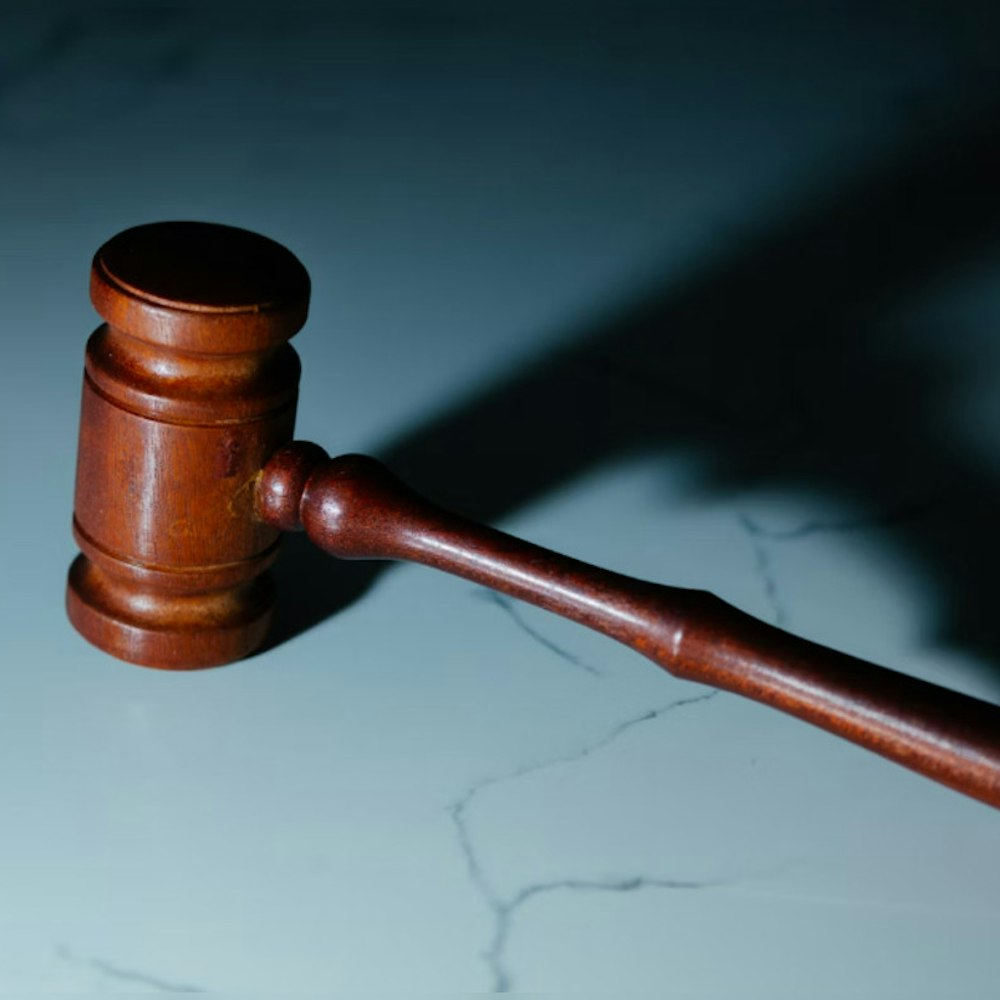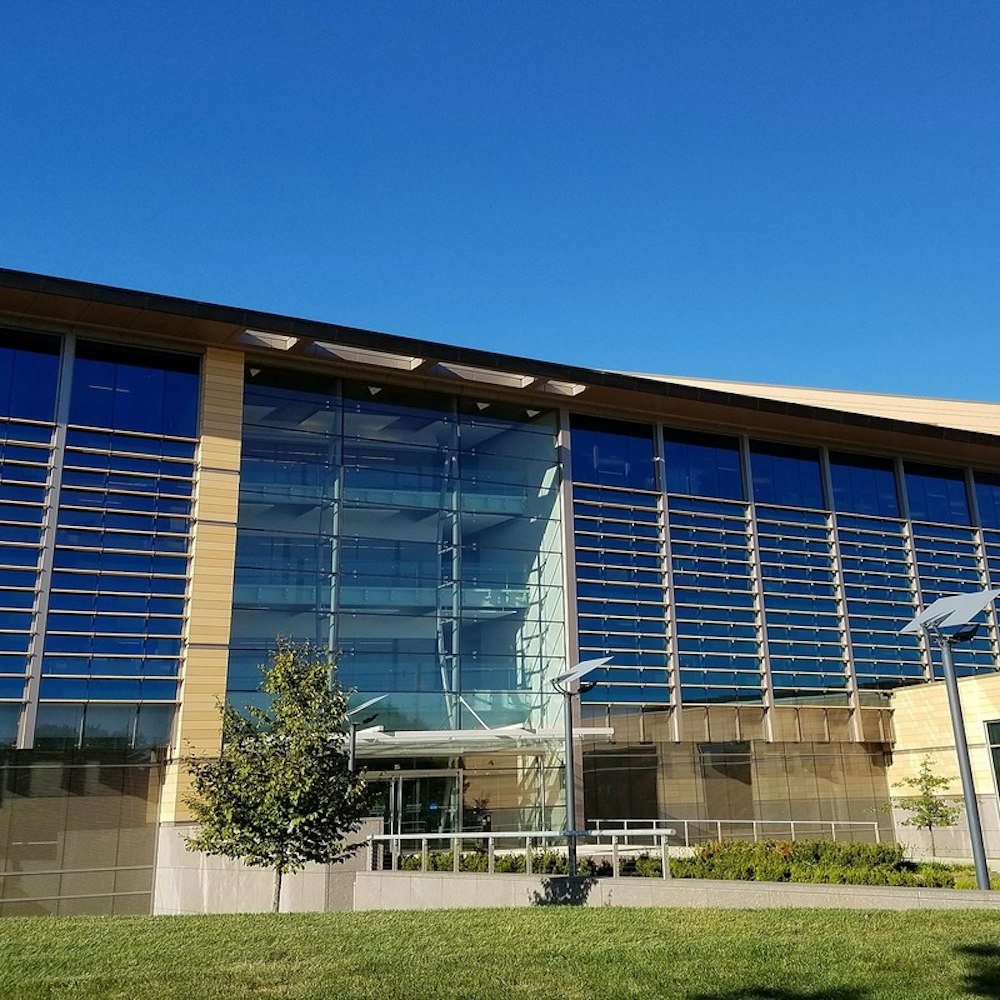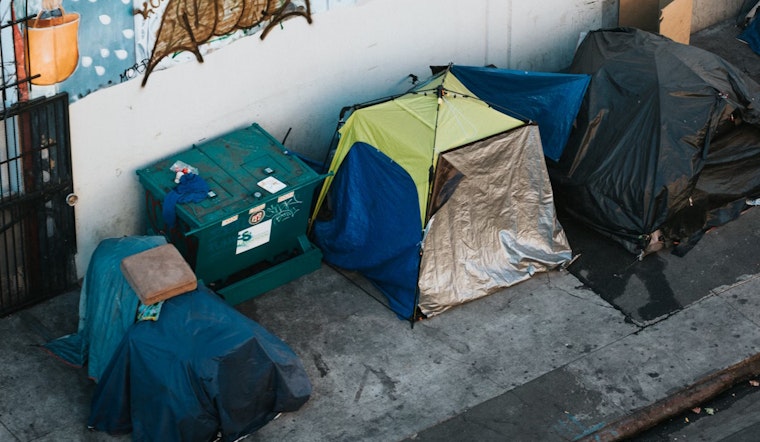
Judge Donna Ryu has put a temporary stop to a lawsuit pitting San Francisco against homelessness advocates, according to a statement from City Attorney David Chiu. The decision halts proceedings in the Coalition on Homelessness v. City and County of San Francisco case until the U.S. Supreme Court hands down a ruling in a related case, Grants Pass v. Johnson. This move is seen as a tactical pause, buying time to gauge the impact of the forthcoming Supreme Court decision on the city's policies concerning its homeless population.
Under Judge Ryu's order, most of the legal proceedings are now on ice for up to 30 days post the Supreme Court's verdict. "The Grants Pass decision underpins every aspect of Plaintiffs’ case against the City and is the foundation of the preliminary injunction issued by the District Court," City Attorney Chiu said in a statement. His remarks make it clear: San Francisco's legal arguments are deeply intertwined with the Grants Pass case.
In December 2022, a preliminary injunction was issued which barred San Francisco from enforcing laws that prohibit sitting, lying, or sleeping on public property against "involuntarily homeless individuals," should the city not have enough shelter beds. However, in a twist, the Ninth Circuit ruled in September 2023 that this injunction would not shield those who turn down shelter offers. Later, in January 2024, while letting the injunction stand, the Ninth Circuit told the lower court to refine its scope. With everything on hold, San Francisco has pledged to comply with the injunction and focus on homelessness relief.
The crux of the Grants Pass case, now before the U.S. Supreme Court after a Writ of Certiorari was filed in August 2023, is whether the enforcement of public lodging and camping laws constitutes "cruel and unusual" punishment under the Eighth Amendment. This legal question has rippling effects and could redefine how cities nationwide address homelessness. The Supreme Court is set to hear arguments on April 22 and is expected to issue a decision by the end of June, as noted on the City Attorney's website.
The wait for the Supreme Court decision has both legal and humanitarian implications, as it holds the potential to reshape city policies across the nation concerning our most vulnerable citizens—the homeless. Meanwhile, San Francisco's own legal battle is momentarily benched but remains a glaring example of the broader socio-legal challenges that confront cities grappling with the realities of homelessness, shelters, and public spaces.

